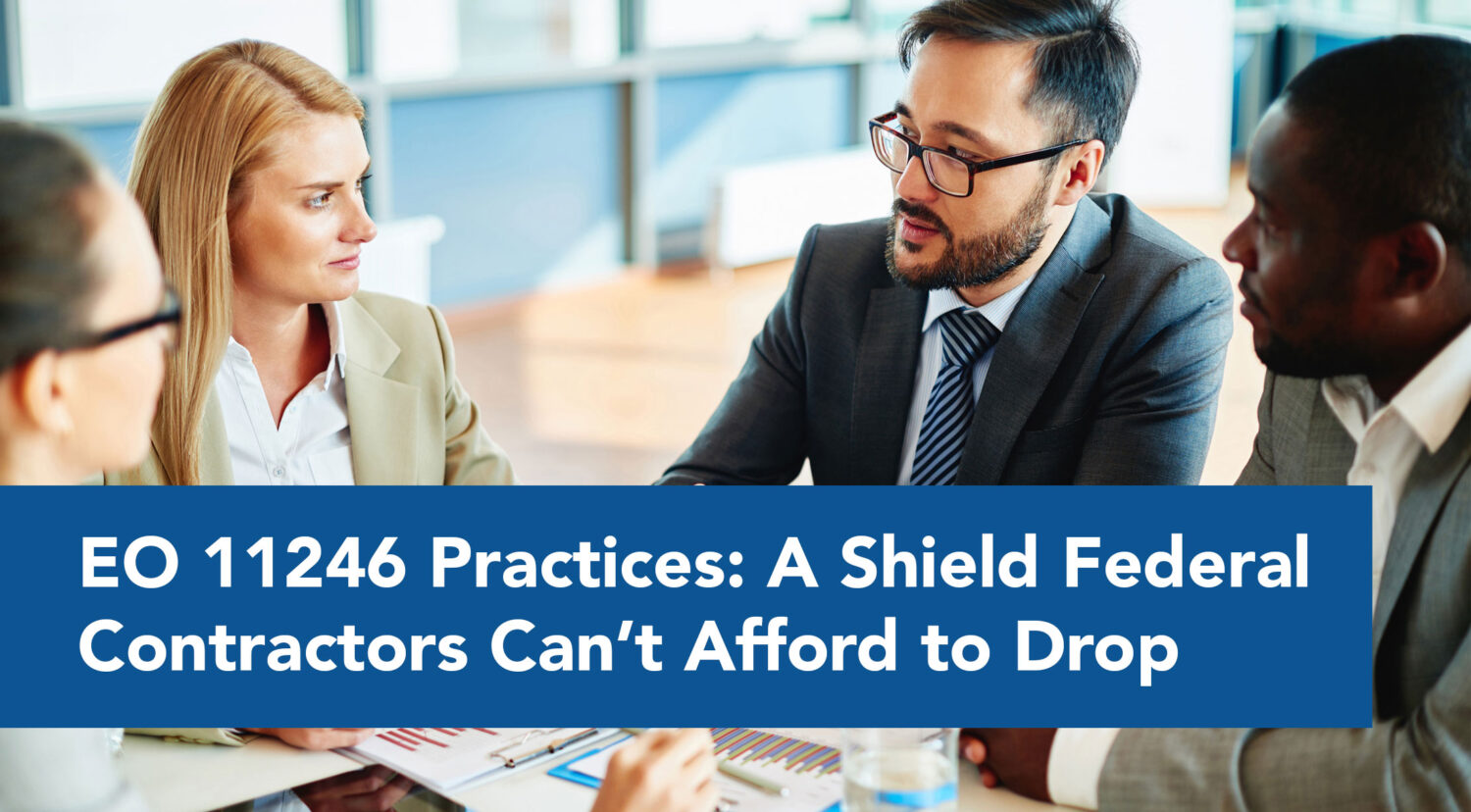Why Pausing Nondiscrimination Practices is a Costly Mistake
For Federal Contractors, EO 14173 Raises the Stakes—and Continuing EO 11246 Practices Protects Your Bottom Line When Executive Order 11246 was revoked and replaced with EO 14173, some federal contractors—especially those under private equity ownership—interpreted the shift as a green light to pause their long-standing nondiscrimination practices. This would be a critical misstep. Not only…
Read More





